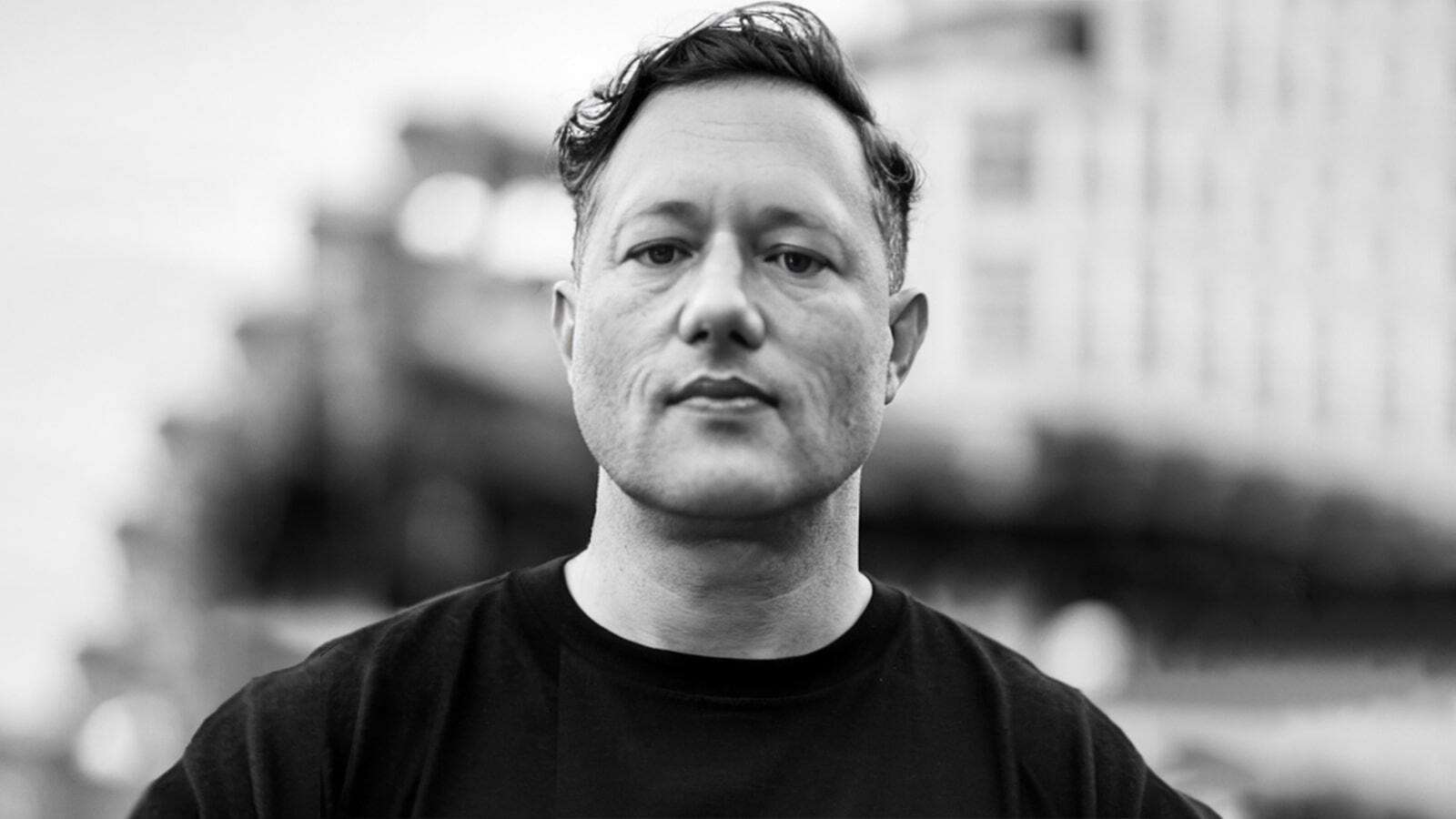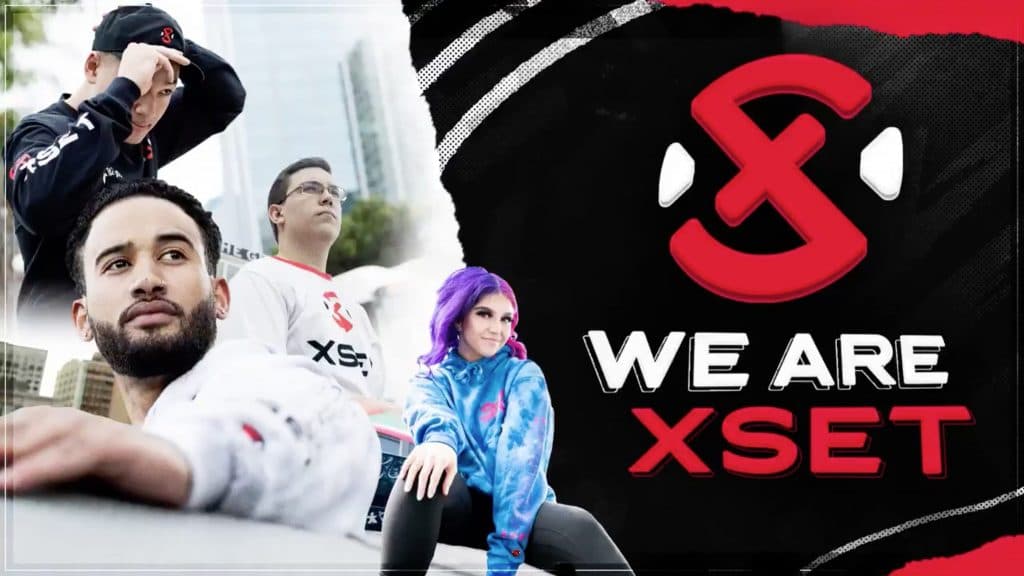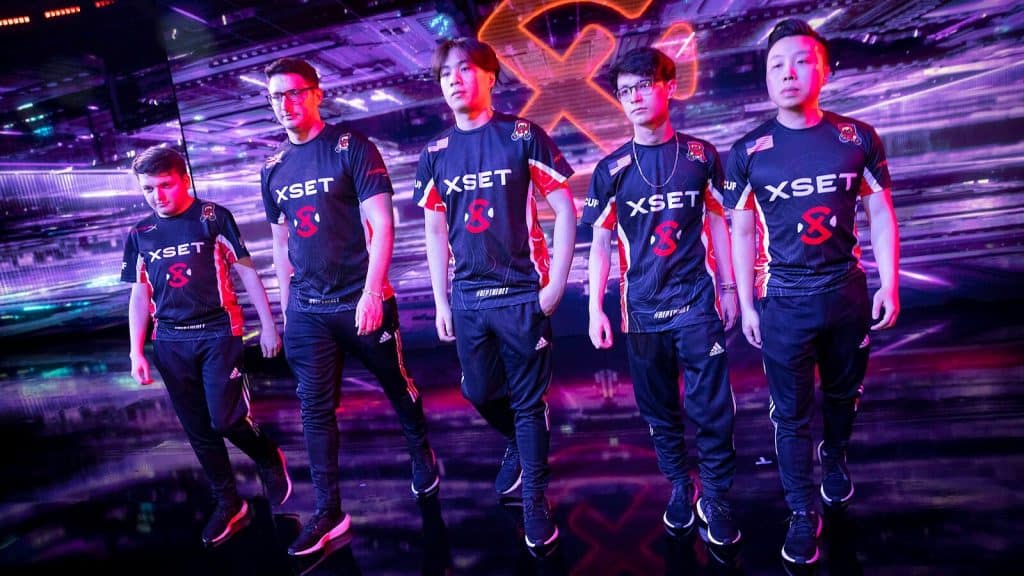XSET CEO on the failing of FaZe Clan and his org’s plan to surpass them
 XSET
XSETThe CEO of XSET and former President of FaZe Clan, Greg Selkoe, sat down with Dexerto to discuss what he believes to be the failings of FaZe, and how that has impacted the esports industry and his organization’s commitment to diversity and inclusion.
Greg Selkoe started XSET in 2020 after spending over two years with FaZe Clan as the president of the company. The competing professional gaming organization and lifestyle brand launched with a commitment to inclusivity in contrast to the fratty nature of FaZe.
In the almost three years since, XSET has expanded its operations, including buying up other brands and creating activations across North America, as the company continues on a path toward profitability.
In that time, FaZe Clan has remained one of the leading esports organizations in terms of popularity and competitive achievements. But after going public in 2022, FaZe is now also seen as an illustration of the current state of the esports industry as the company’s stock continues to trade well below $1 and its critical financial situation is continually showcased in public filings.
Selkoe told Dexerto that the current iteration of FaZe is something that other esports companies, including his own, should learn from.
“We have to be better,” Selkoe said.
 Twitter: XSET Gaming
Twitter: XSET GamingOne of the key lessons that Selkoe took to XSET from FaZe specifically is to instil a culture of collaboration.
“There were a lot of problems within the culture at FaZe. It was always a zero sum game where if someone in the company won, there was someone else mad in the company, there was a lot of fiefdoms and fighting, so first thing we’re like, whatever we do, it’s got to have a good internal culture,” he said.
The XSET head also said hiring non-endemic people, or people from adjacent industries that couldn’t handle the learning curve that accompanies a gaming and lifestyle company, is something that FaZe has been guilty of after his exit.
With FaZe’s financials now available to the public, fans and executives can see the kind of cash the company has had to burn through in the past year. According to Selkoe, not many organizations, if any, have that kind of capital or are able to burn through it this fast.
FaZe posted a $53.2 million net loss for 2022 despite a 32% revenue increase year-over-year to $70 million.
“When things get a little challenging, and you have to kind of peel back the covers, you have to have a real business built and I think FaZe didn’t have a plan, didn’t have a direction, and they just spent an incredible amount of money,” Selkoe said.
How to survive the esports winter
XSET closed its Series A funding round in July 2022 and is currently raising its second round. The CEO said investors do bring up FaZe Clan during meetings as esports has become a cold investment recently. However, he uses it as a jumping off point for a conversation around sustainability in the industry
“We believe you don’t have to trade growth and marketing for huge losses. So, we’ve tried to raise what we think is actually the minimum we need to continue to prove the model. And is that impacted by what’s going on out there? Probably,” Selkoe said. “We have to be doubly clear that we understand that every penny we spend has got to go towards building a long-term sustainable business.”
One aspect of the business that is not supposed to be profitable for XSET is its esports division. Selkoe explained he hopes the esports vertical can get close to breaking even, as he doesn’t have the “magic bullet” to make competitive gaming profitable.
This is in line with XSET letting its co-founder Macro Mereu take some of its more expensive esports teams with him as he started his own organization, M80. The former FaZe executive said he wants XSET to be a part of the gaming culture and esports is one slice of the pie, not the whole thing.
“We want to be in esports,” the XSET executive said. “But to the extent that esports is part of lifestyle, and if you have 15 esports teams it costs a lot of damn money. So I think we want to do it in a measured way, in a way that works with our brand.”
 Colin Young-Wolff/Riot Games
Colin Young-Wolff/Riot GamesXSET competed in as many as 12 different esports titles in 2022 at its peak investment into competitive gaming. The company signed players in Call of Duty: Warzone, Fortnite and Madden alongside fielding teams in Rocket League, Rainbow Six: Siege and Valorant.
The organization also put significant resources into Valorant, fielding a Game Changers and VCT roster, and crafted a roster that saw international competition with its VCT team qualifying for Masters Copenhagen and placing in the top six at Valorant Champions 2022. The organization was also in the running to join VCT Americas, the Riot Games partnered league, and if it made the cut would have had revenue sharing opportunities in the game.
XSET also saw international success in other titles as its Rainbow Six team made top four at the 2022 Berlin Major and the Rocket League squad made an appearance at the 2021 Spring North American Major.
Since Mereu’s exit, XSET has cut down its esports division significantly with its current lineup consisting of Apex Legends, Valorant Game Changers and NBA 2K teams along with a smattering of players in fighting games, iRacing and Warzone.
Clinton Sparks, the company’s co-founder and Chief Business Development Officer, stepped down also from his executive role recently.
“We thank Clinton for his service as both Co-founder and Business Development Officer at XSET. His contributions were significant in building the company and are appreciated,” a public relations representative from the company said.
Building a cultural movement with XSET
Selkoe used the sneaker company Vans and its stature in the skateboarding community and culture as an example of how XSET wants to position itself in the gaming industry. On top of having a diverse background of executives, creators and investors, XSET also has a broad reach in gaming as a whole.
“The kind of stuff that we’re developing is gaming, it’s in the DNA, but we’re really trying to build something. Even if you’re not into gaming, you can buy the merch and be into it,” he said.
The organization recently signed on Web3 content creator Bryce ‘Brycent’ Johnson in an authentic attempt to engage with the crypto and NFT community.
“We’re not selling NFTs, we’re not doing a shit coin where we rip off our customers. But there is value in Web3, in the blockchain, and so we’re not going to be afraid to try some stuff with someone like Bryson, who’s super authentic. Like, just a great dude. And, again, we’re not going to be dictated to on what are the things that you can do as a gaming org, or an esports organization or a youth gaming related media brand. All that stuff is great, but we’re gonna just do what we do,” Selkoe said.
The XSET CEO said he isn’t rooting against FaZe, or any other company in the industry, to fail. But he’s not worried about what the competition is doing as he tries to position XSET as the place to engage with the gaming culture.
“I think the rumors of the industry’s demise are greatly exaggerated,” Selkoe said. “It’s just going to change.”